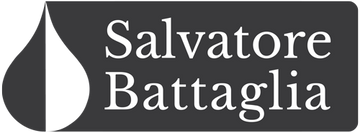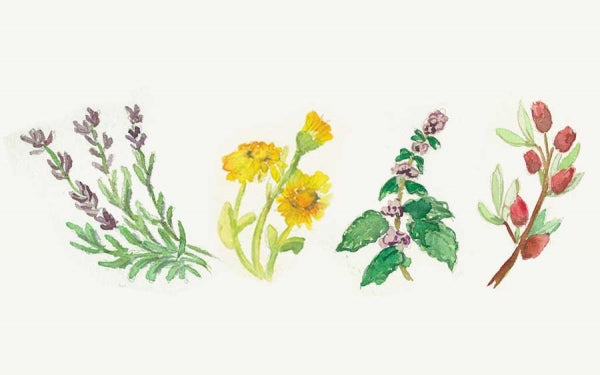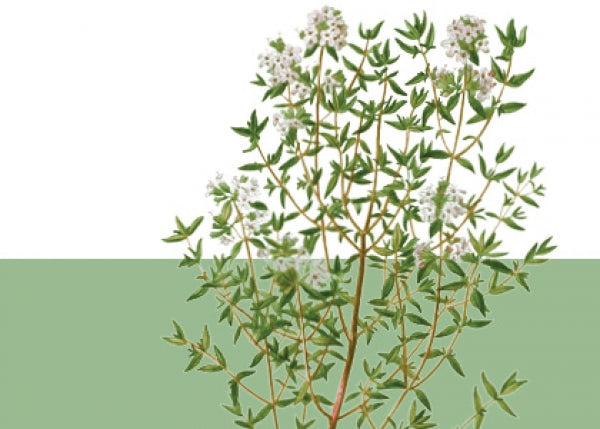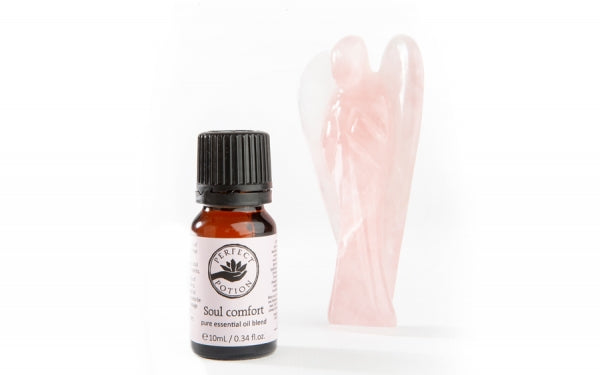In my 28-year career in aromatherapy, I have seen so many multi-level marketing companies jump on the aromatherapy bandwagon.
They market themselves as having the best quality essential oils and claim to be authorities on the medicinal use of essential oils. These companies typically target individuals with little formal training in aromatherapy or provide them with minimal aromatherapy training. They are focused solely on profit and product promotion.
Often, such companies recommend ingestion of essential oils, usually for quite serious medical conditions without proper clinical research or evidence provided. This is detrimental to the aromatherapy industry as a whole.
I can understand why the media is often critical of therapies that tout “quick-fix cures” for serious conditions such as cancer. Unfortunately, the media tends to mock or criticize the entire aromatherapy industry for this, not just the companies making outrageous claims. I do believe that aromatherapy organisations need to be more active to ensure that the true holistic benefits of aromatherapy are responsibly communicated to the community. This certainly will be a topic for future discussion.
However, let’s get back to my main concern for this discussion – the oral ingestion of essential oils.
Concern 1:
To begin, I want to clarify that as a traditionally trained aromatherapist, I am not against ingestion of essential oils.
Essential oils have long been used for enhancing the flavor of food and are commonly used internally for their therapeutic purposes. However, I must stress that anyone who recommends the oral use of essential oils for therapeutic purposes should be suitably qualified. This means that they should have suitable training in physiology, pharmacology and aromatherapy chemistry and should have a minimum level diploma qualification in aromatic medicine or a medical herbalism diploma.
Oral administration is most effective for treating severe infectious diseases, which often requires heavy dosing. It is commonly used by medical practitioners in France, but is not commonly taught in many of the Australian aromatherapy and natural therapy courses.
The biggest concern surrounding oral administration is that some essential oils can irritate the gastrointestinal (GIT) mucosa. There are also concerns that digestive enzymes can destroy some of the essential oil constituents, rendering the oil ineffective.
It is best to blend the essential oil in a carrier oil and encapsulate it. This way the essential oil can reach the gut intact where it can be more readily absorbed without causing irritation to sensitive GIT mucosa.
It is also important to remember that essential oils are not water soluble and therefore, should not be taken in water.
Concern 2:
Often people are told “our oils are certified therapeutic grade” and therefore, are safe to ingest.
What is therapeutic grade?
Sorry to disappoint you, but there is no such thing as a “certified therapeutic grade” essential oil. If anything – we could use the Therapeutic Goods Administration (TGA) guidelines as a benchmark for therapeutic grade. However, I have always argued that these guidelines are more suitable for the pharmaceutical industry and not for plant-based medicines.
I believe, and know from experience that if essential oils have to comply with the TGA, it is not possible to sell pure, authentic, genuine essential oils. The TGA has excellent standards for safety and efficacy – however, they insist that essential oils comply with British Pharmacopeia (BP) monographs. This often means that the oil has to be rectified or adulterated. Of course, the essential oil producer always claims that their oils are totally natural and have not been modified.
I believe that it is far more important to insist on the natural purity of the essential oil and the only way we can guarantee this is to ensure that the essential oils are certified organic.
Think about this for a moment... The aromatherapy industry is not the only user of essential oils. In fact, aromatherapy accounts for a very small percentage. The majority of essential oils produced end up in food flavouring, pharmaceutical, perfumery and personal care and these essential oils are usually modified to meet the standards required for each of these industries.
For aromatherapy, we should only be using essential oils that are botanically pure. This means we should know the botanical name of the plant, we should be able to confirm the part of the plant used, the country of origin, and the extraction process. We are also expecting that the oil is not rectified or adulterated in any way.
The only way we can confirm this nowadays is to ensure that the oils we use are certified organic.
For these reasons, I believe that only certified organic essential oils are genuine “therapeutic grade” essential oils.
Yours sincerley,

References
Battaglia S. The Complete Guide to Aromatherapy. 2nd Ed, ICHA, Brisbane 2006.
Burfield T, Kirkham K, The “Therapeutic Grade” Essential Oils Disinformation Campaign. Cropwatch Newsletter August 2007.
Tisserand R, Young R, Essential Oil Safety. 2nd Ed, Churchill Livingstone Elsevier, 2014.




